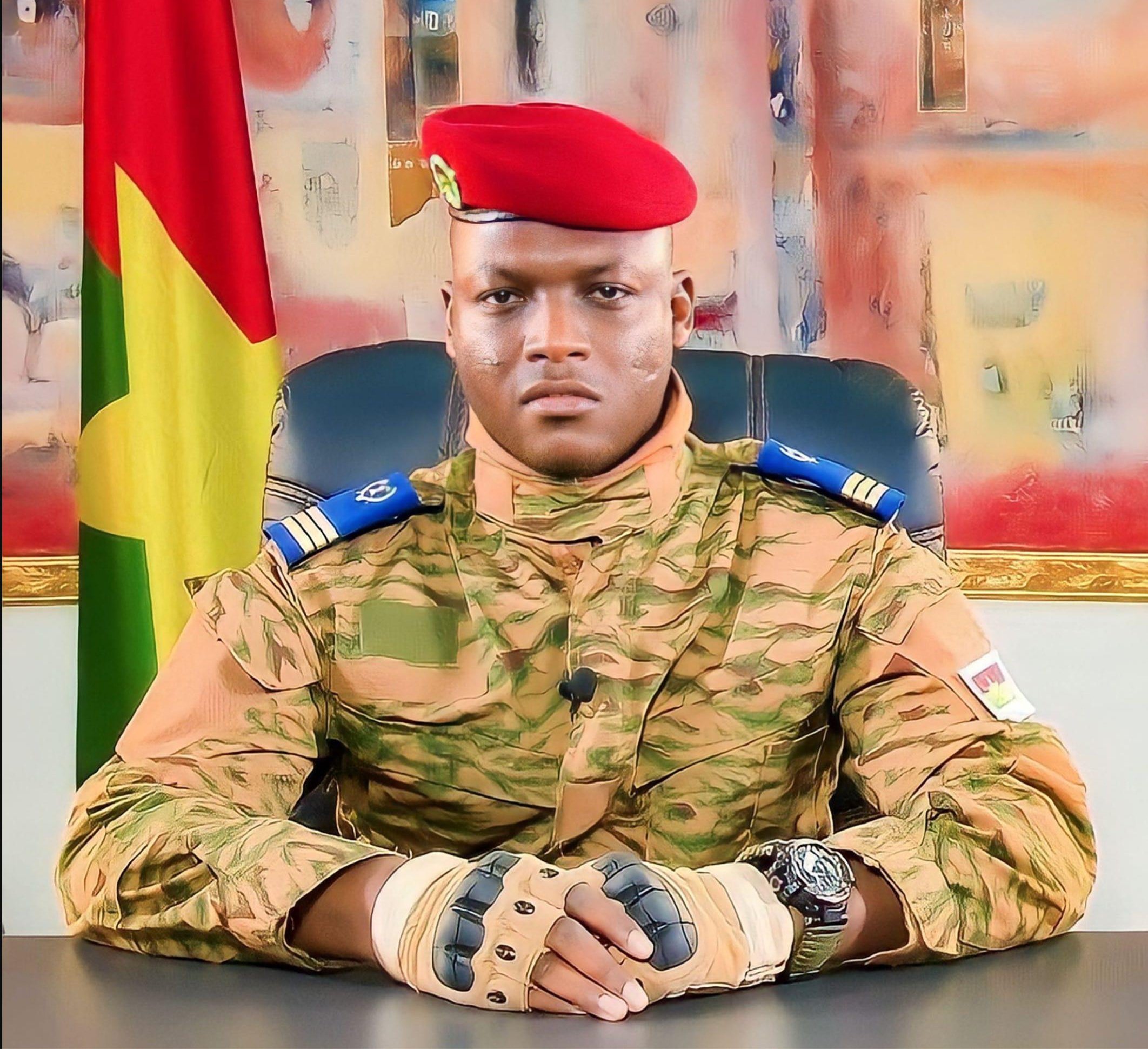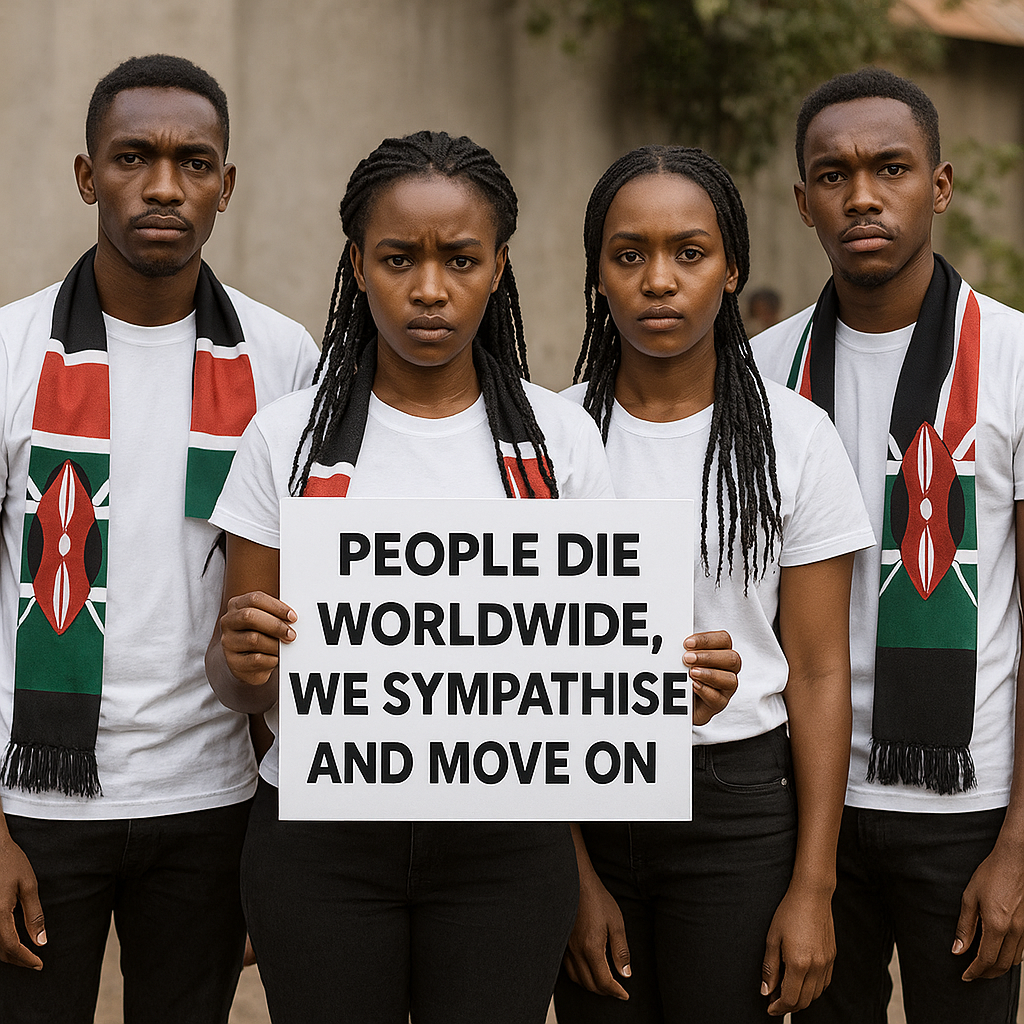
A diplomatic storm is brewing between the United States and Burkina Faso following controversial remarks made by General Michael Langley, the commander of U.S. Africa Command (AFRICOM), during a recent Senate hearing in Washington. Langley accused Captain Ibrahim Traoré, Burkina Faso’s transitional president, of diverting the nation’s gold revenues to strengthen his grip on power rather than investing in development and national security.
General Langley’s statements described Captain Traoré as “a threat to his own people,” sparking outrage not only in Burkina Faso but across the African continent. He alleged that the West African country’s vast mineral wealth, particularly its gold reserves, was being funneled into personal security efforts instead of combating the ongoing insurgency that has plagued the country for years.
The accusations have been met with swift condemnation from African leaders, political parties, and civil society organizations. South Africa’s Economic Freedom Fighters (EFF) labeled the comments as “imperialist propaganda,” defending Traoré’s right to lead without foreign interference and praising his administration for asserting sovereignty over national resources. “Western powers have no moral authority to lecture African nations on governance,” said an EFF spokesperson. “What we’re witnessing is a classic neo-colonial playbook—vilify those who reject foreign control and seek to empower their people.”
Captain Traoré assumed power in September 2022 following a military coup and has since taken bold steps to distance Burkina Faso from its colonial past, including severing military ties with France and reducing engagement with ECOWAS. His government has instead sought strategic partnerships with non-Western allies, including Russia, to bolster its counterterrorism efforts and rebuild national institutions.
In May 2024, Traoré’s transitional government extended its rule by five years, citing ongoing insecurity in the region as a barrier to democratic elections. While the move drew criticism from international observers, many Burkinabè citizens supported the decision, valuing stability and sovereignty over rushed democratic processes.
This latest exchange between Langley and Traoré highlights growing tensions between African nations asserting independence and Western powers concerned with regional security and governance. Analysts warn that such public spats could widen the diplomatic rift and reshape geopolitical alliances on the continent.
As the debate rages, Captain Traoré remains firm in his stance: Burkina Faso belongs to its people, and its resources will be used for their benefit—not to serve the interests of foreign powers.
